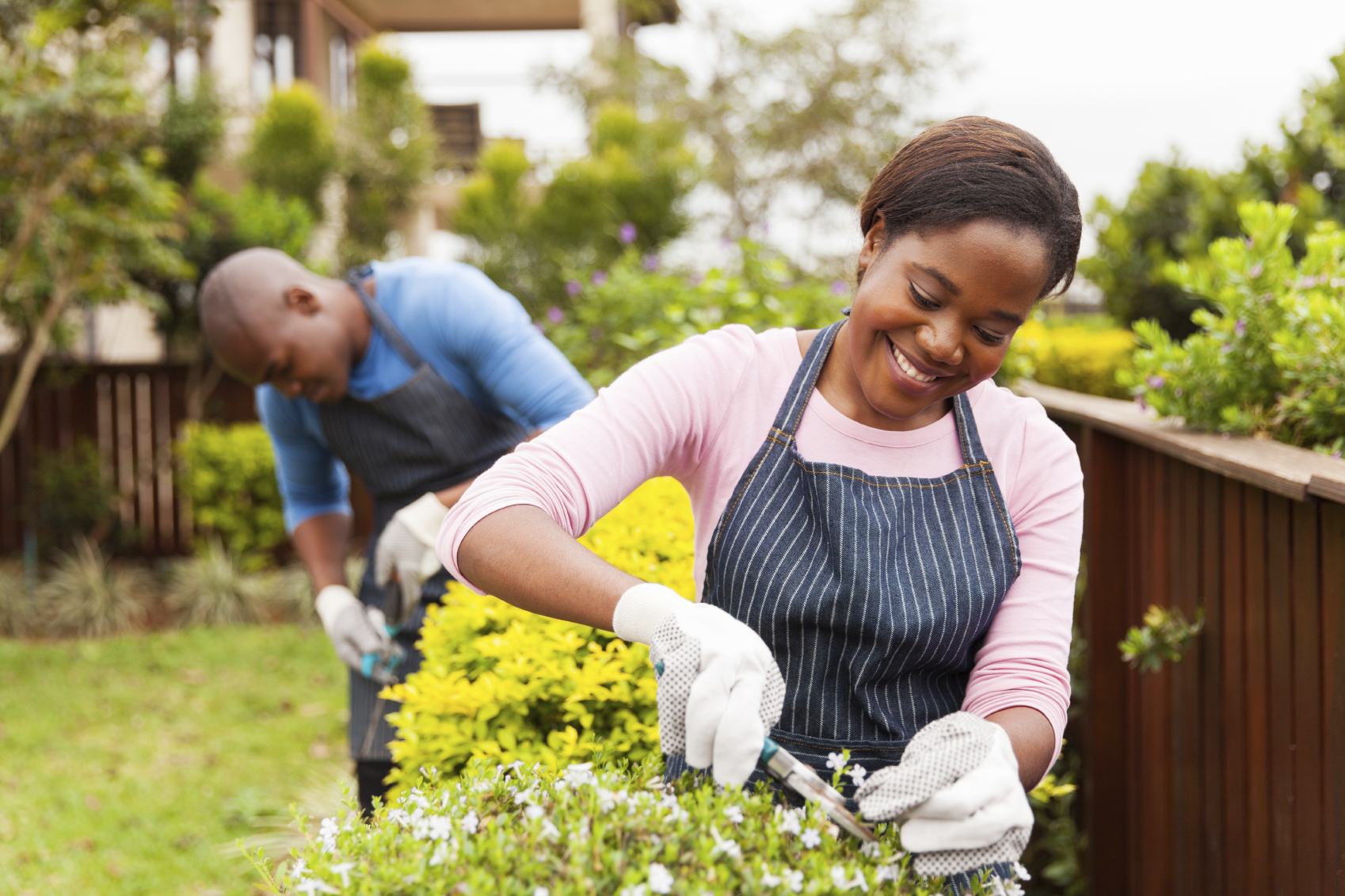
THE benefits to your health from gardening are not to be underestimated.
Yet another academic study has found that digging, weeding and generally being out and active in your garden can help stave off illness.
The new report, called Gardens and Health, argues that gardening should be recommended by doctors for people showing early signs of dementia and heart disease.
Carried out by the King’s Fund think-tank, the report states the NHS should capitalise on Britain’s “love affair with gardening” as it called on health boards to set up new horticultural projects for patients.
The report states: “Gardens are an extraordinary national resource. Nearly 90% of UK households have a garden, and half the population are gardeners.
“But we could do much more to nurture and maximise the contribution gardens make to enhancing health.”
The authors point to reports on the health benefits of gardening, concluding that the much-loved hobby can improve people’s wellbeing.
They also cite studies which show regular gardening can reduce the risk of heart disease, cancer and obesity as well as improving balance, which helps to prevent falls in older people.
Last year, a study by garden company Bakker Spalding found an improvement in mental wellbeing was rated the top health benefit people get from spending time in their gardens.
A whopping 88% of those surveyed cited an improvement in their mental health as the main health bonus.
The second most-popular was that people generally feel fitter, while increased mobility and strength came in joint third place.
Other studies claim gardening can reduce depression, loneliness, anxiety and stress.
It can also help people with dementia, with one trial showing that six months of gardening led to a slow-down of cognitive decline over the next 18 months.
The new report, commissioned by the National Gardens Scheme, states: “Gardens appeal to the senses — particularly touch and smell — which are important for people with dementia.
“Gardens and outside spaces also give people living with dementia access to natural light, which is important for the maintenance of circadian
rhythms.”
David Buck, author of the report and senior fellow at the King’s Fund, said: “A wealth of evidence links gardens and gardening with a wide range of health outcomes.
“We need to build on this and get it translated into policy and practice.”
And there are other gentle exercises that can help you ensure that you don’t get injured while gardening.
Pilates — which was once the preserve of dancers and gymnasts — is being used to tackle back problems caused by gardening.
Days bent double over a fork can take their toll on the average horticulturalist’s spine.
The end result is that a hard day’s labour can lead to aches and pains.
However, the exercises in pilates concentrate on the core muscles around the lower back and sides, making it easier to bend and lift while working at ground level.
So, by combining a bit of pilates with gardening, you can get lots of exercise to improve your health without pulling or straining anything in the process.
And handily, pilates is an all-inclusive form of exercise.
The NHS even states it can be practised by people of all ages and levels of fitness given they are trained by a qualified instructor.
What are you waiting for? Get out there and enjoy the summer sun and let your health improve.
READ MORE
Alzheimer Scotland’s dementia gardens are beginning to blossom
In Your Garden: Britain’s best sheds are for more than just storage

Enjoy the convenience of having The Sunday Post delivered as a digital ePaper straight to your smartphone, tablet or computer.
Subscribe for only £5.49 a month and enjoy all the benefits of the printed paper as a digital replica.
Subscribe